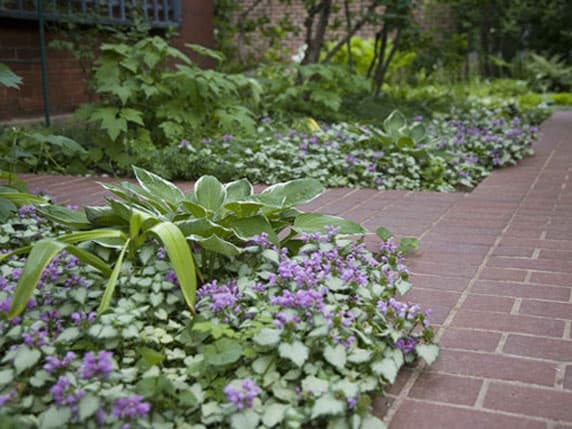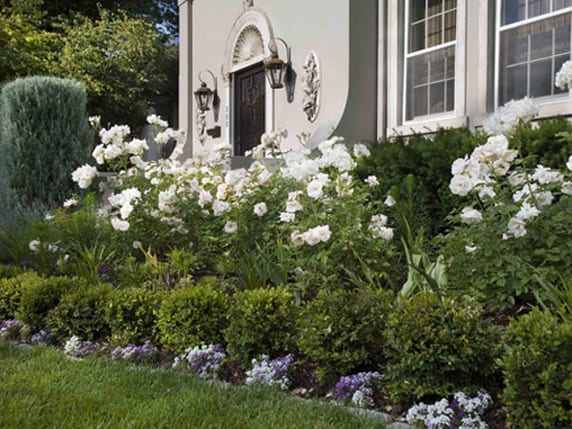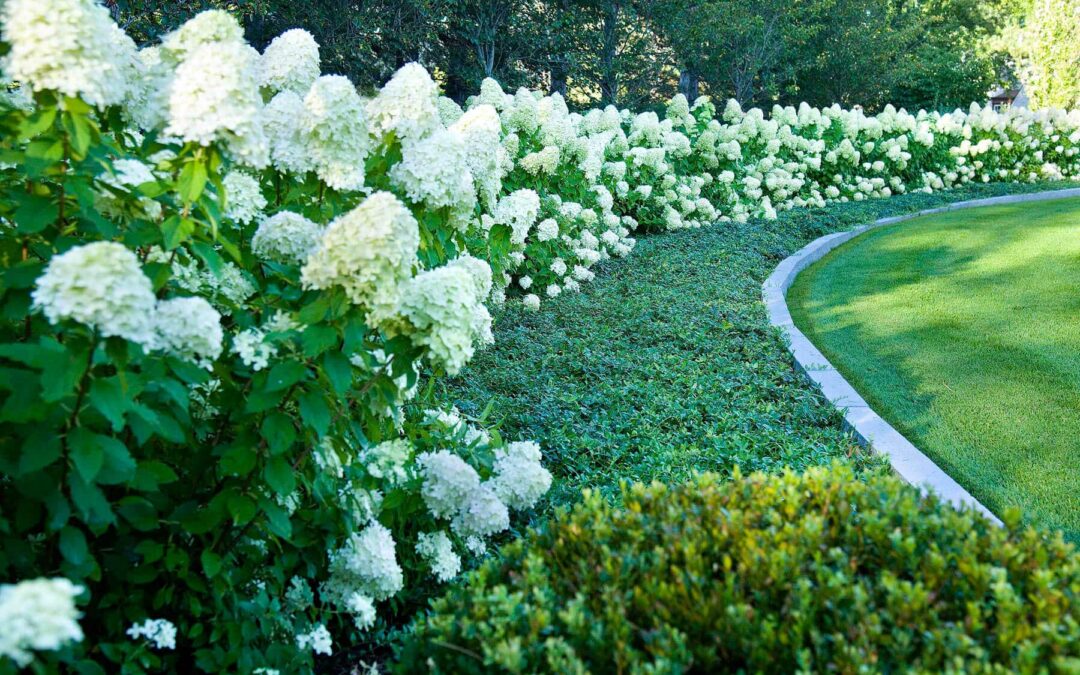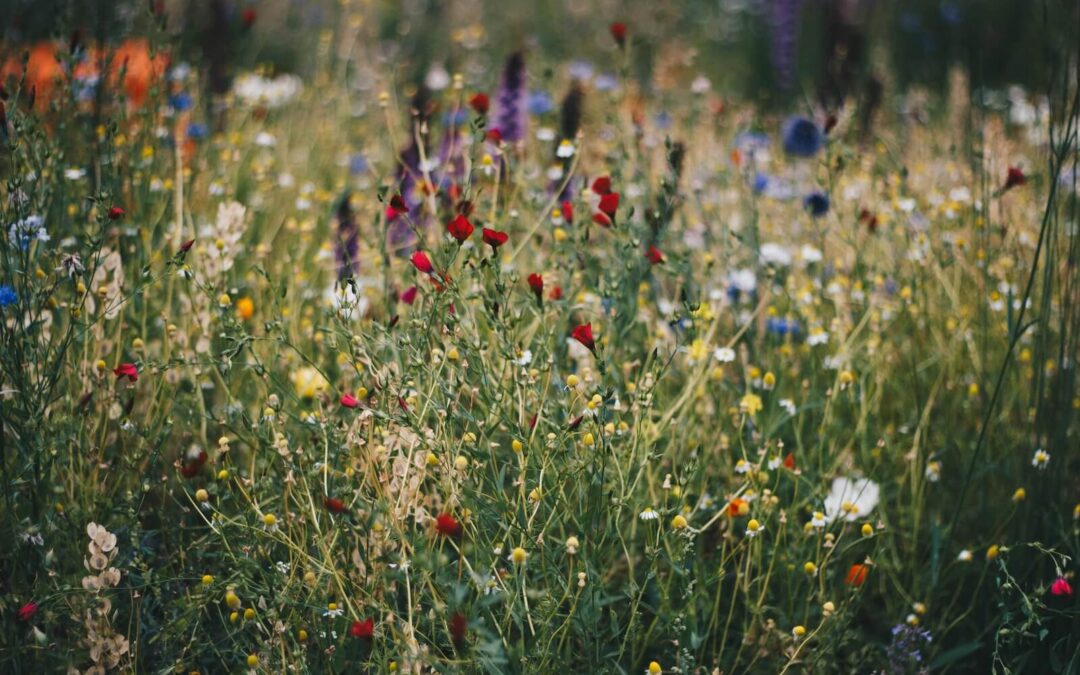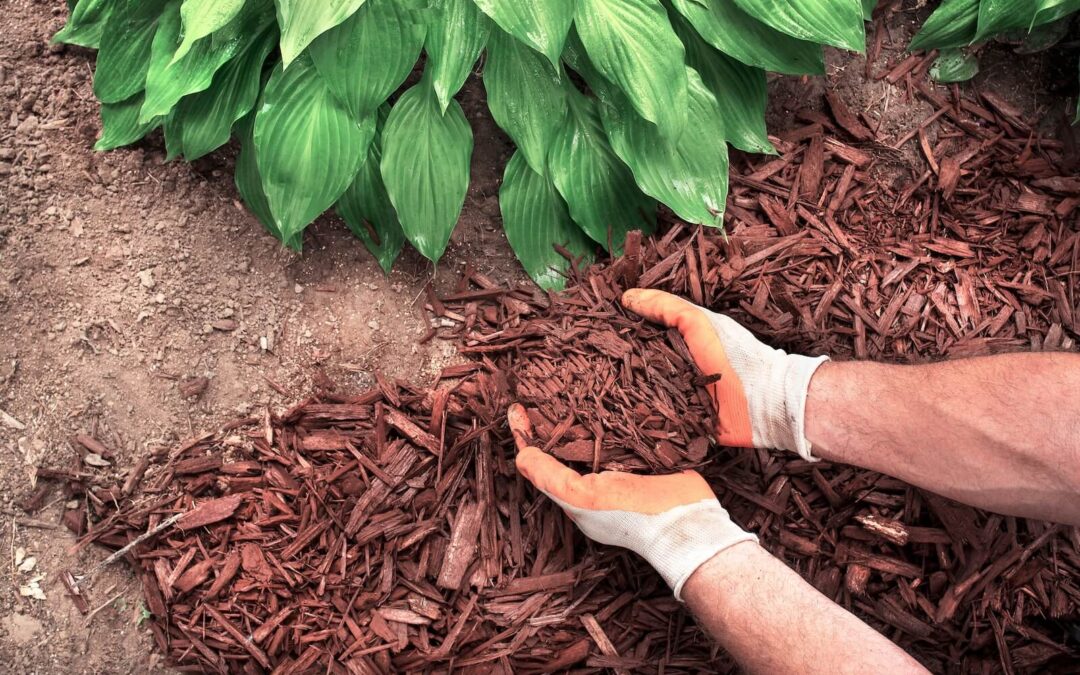Have you ever proudly planted a garden that you lovingly watered, weeded and sunned, only to have the once-promising harvest not grow beyond the sprouted stage? What could have gone wrong? Perhaps it was the soil. Poor soil conditions can influence the success of your garden, which would have benefited from a test to make sure the topsoil was a stable environment for plants to flourish.
Every geographic region in the world has a different type of topsoil comprised of varying minerals and organic matter. Colorado’s climate, geography and geology do not produce the most nutrient-rich soil in all the land. Particular to the Front Range, the resultant soil profile is mostly thick clay that lacks organic matter, which and impedes proper drainage and root growth, thereby stunting plants’ maturity. The best way to combat this problem is to mix the clay soil with sand or organic materials such as compost, dead leaves, grass clippings, or peat moss.
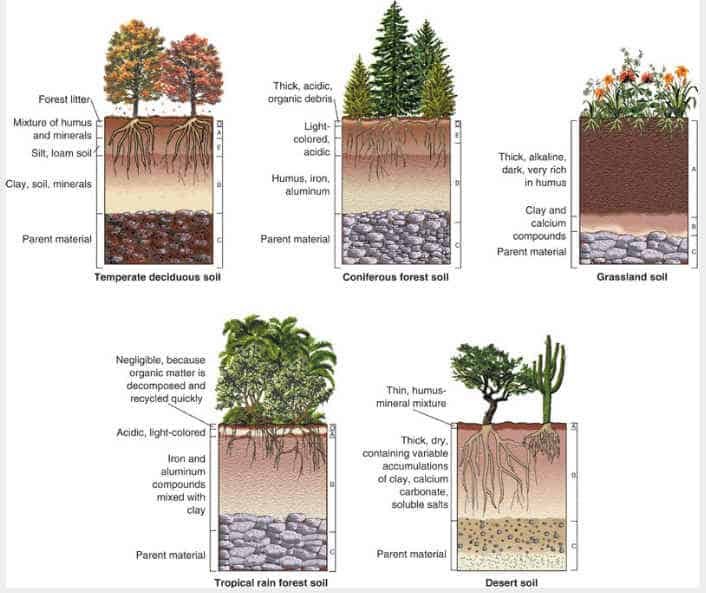
The Front Range’s soil profile mostly contains thick clay
— Image via CUNY
To find out if the dirt in your yard is conducive to optimum plant growth, it is a good idea to have the topsoil tested. Front Range soil tends to have a high pH — specifically with alkaline and calcium; therefore, it is difficult to grow plants that require acidic soil. A topsoil test will determine if your soil has too much or too little nutrients like iron, nitrogen, phosphorus, potassium and many more elements. A test will also uncover contaminants in the soil.
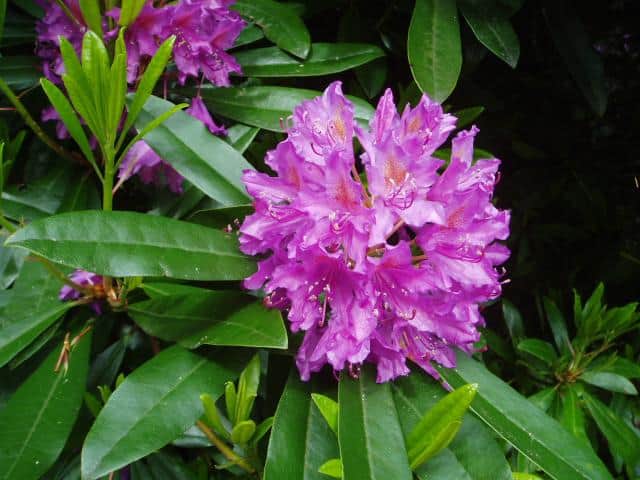
Rhododendrons thrive best in acidic soil — not readily found on the Front Range.
— Image via Wikipedia
But knowing the pH of the topsoil isn’t the only thing to consider before planting a garden. You’ll also need to scope out:
- Land grading. Steep slopes affect soil erosion. Conversely, the bottoms of hills can collect too much water.
- Existing vegetation. How well do other flora and fauna in the area fare? Does the land have a tendency to invite weeds? Is there competition for space with surrounding trees and plants?
- Sunlight and shade. Most plants require at least six hours of direct sunlight per day, so make sure the proposed garden area receives the minimum amount.
- Underground and overhead barriers. Septic tank systems, large tree roots, and utility pipes and wires will only get in the way of any landscaping. If you plan on planting tall shrubs or trees, ensure that utility wires overhead won’t be an issue.
Understanding the makeup of the soil in your yard, as well as other factors that contribute to soil’s health, is an important step in the planning stages of a landscaping or gardening project. Contact Lifescape in Denver to help you configure the perfect way to make your garden grow!

